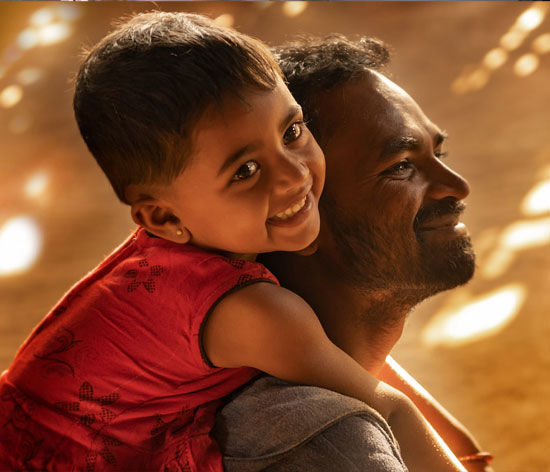
When Harit Singh (name changed) was diagnosed with chronic renal failure in 2009, he had to undergo haemodialysis three times a week. The annual cost of treatment at the Holy Spirit Hospital, Mumbai, where Harit was admitted, was approximately Rs2.42 lakh. Harit's brother, who was the only earning member of the household, could not afford the treatment on his meagre salary, which was barely enough for their daily needs.
Harit is not alone in this predicament. According to a 2022 WHO report, household out-of-pocket (OOP) expenses on medical services in India push over 55 million people into poverty annually. Currently available health insurance schemes do not often cover heart ailments, cochlear implants or kidney diseases. Even on conditions they do cover, insurance plans seldom cover the entire cost of treatment, especially related expenses. A medical emergency can drain their already-limited economic resources. Often, families are forced to borrow money, thereby sending them deeper into debt. This is a major deterrent for people from economically weak backgrounds to seek medical care.
A personalised, humane approach
It is to address these challenges that the Tata Trusts set up their Individual Grants Programme (IGP), that disburses funds to support individuals in need of assistance for educational or medical assistance. The IGP's mandate is to extend financial support where sources of funding are scant or beyond the reach of the underprivileged. In case of medical assistance, the Trusts liaises with several hospitals and other NGOs to help disburse the funds to the deserving beneficiaries.
The Trusts are also building a network of linked hospitals across the country so people can avail treatment at concessional rates at various prominent government, municipal and private and charitable hospitals. The hospitals receive applications from patients across the country, which they forward to the Trusts for consideration.
For Harit, the IGP Medical came as a blessing in disguise. Since 2009, Harit has been undergoing dialysis treatment, thrice every week. This was a huge financial burden on him and his folks. So they visited the Social Work Department of the Holy Spirit Hospital (where he was undergoing dialysis). The Medical Social Worker (MSW) of the Hospital referred the case to the Tata Trusts' Individual Grants Programme – Medical team. After careful examination of the documents, the Trusts' team sanctioned a medical aid to Harit.
"Currently, Harit continues to be on treatment, with no major physical issues", says the Medical Social Worker.
Help is at hand
Much like Harit, 22-year-old Nishant Atri (name changed) too came from an economically weak background. In 2021, he was diagnosed with Giant Cell Tumour (GCT), a benign tumour of the bone which commonly affects a younger demographic and has a high rate of recurrence. Nishant dropped out from 11th grade after his diagnosis. Already upset about the financial toll his illness took on his family, he now had to deal with cancer, mobility limitations, unemployment and financial constraints that impeded his treatment.
However, there was a sliver of hope. When Nishant registered with the Tata Memorial Hospital, he was referred to the Tata Trusts IGP, to explore for funds for his medical care. After a thorough assessment of his case, Nishant was able to access four cycles of chemotherapy and targeted therapy through the Trusts' medical aid. Subsequently, given his young age and a high possibility for a positive outcome and long-term survival, Nishant was considered an ideal candidate for Total Knee Replacement (TKR) surgery.
TKR, which costs Rs4.5 lakh, aims to provide functionality and precision, reduce the chances of recurrence, and preserve the patient's knee joint functions. The surgery also prevents postoperative fractures and implant loosening and helps with bone restoration and patient rehabilitation. With the IGP's assistance, Nishant successfully underwent surgery with no post-operative complications.
A safety net
As of today, the IGP's medical grants sanctioned 1886 cases in 2021-22 for the treatment of cancer, kidney diseases, heart ailments etc. The Trusts' linked network of over 27 hospitals also expands the reach of the IGP and supports the treatment of disadvantaged communities. Now, the IGP is looking to design better programmes with targeted outcomes, while it continues to impacts the lives of thousands of beneficiaries by offering a helping hand.
For patients like Nishant and Harit, the IGP's timely interventions have not only restored their health but also their faith in the effectiveness of corporate philanthropy.
